Will Millions of 2012 Tax Returns be Delayed?

Drake Software asks: “Will Millions of 2012 Tax Returns be Delayed?"
On New Year’s Day, with only 36 hours to spare before adjourning for good, our 112th Congress finally passed “fiscal cliff” legislation – the American Taxpayer Relief Act (ATRA) of 2012. Most of the focus has been on the seemingly futile battle over 2013 tax rates and the sequester; however, critical tax provisions that impact the filing of 2012 tax returns were held hostage in the process. With the passage of this bill, the Internal Revenue Service (IRS) can now execute its strategy for the 2013 filing season…the good news being that the tax return filing season should start on time. But unfortunately, because these retroactive provisions were not passed earlier in 2012, millions of taxpayers might be forced to wait until mid-February before filing their returns.
IRS Correctly Anticipates AMT Patch
The Alternative Minimum Tax (AMT) was originally intended to ensure wealthier taxpayers couldn’t legally avoid paying income tax through various deductions and credits. Because AMT is not indexed for inflation, an annual patch has been necessary. The IRS started preparing for the 2013 filing season working under the assumption that Congress would enact an AMT patch. This was a relatively safe assumption because a patch simply protects millions of taxpayers that the AMT was not intended to reach in the first place. Acting IRS Commissioner Steven Miller wrote to Congressional leadership twice this past fall, on November 13 and December 19, detailing his concerns and estimating that failure to enact a patch could lead to filing delays for 80 to 100 million taxpayers, or more.
Extenders Treated As Expired
Another unknown was whether or not the extender provisions would be extended. The term “extenders” represents a number of temporary tax breaks that have been extended over the past few years, including popular individual tax deductions for sales tax, educator expenses, and tuition and fees paid for post-secondary education, along with numerous business tax credits and energy credits. Most felt certain that Congress would not let these tax breaks expire for good; however, since technically the extender provisions had expired at the end of 2011, the IRS had to proceed with updating its forms, instructions, and processing systems without the extenders. Miller’s November 19 letter also addressed the potential for filing delays associated with this course of action, likening the situation to the 2011 filing season when delays affected approximately 9 million taxpayers because of late (mid-December 2010) extender legislation, including everyone itemizing their deductions on Schedule A.
When Can Taxpayers File Returns?
Because the IRS’s gamble on the AMT patch paid off, the majority of taxpayers should be able to start filing tax returns as expected, on January 22, 2013. It is still uncertain, however, whether or not those who are eligible for any of the extended tax breaks, or anyone using Schedule A, can start filing their returns at the same time. The IRS must make changes to bring applicable forms, instructions, and processing systems up-to-date with these retroactive provisions included in the ATRA of 2012. Fortunately, the IRS has planned for this possibility, and can make the necessary changes in a relatively efficient manner. But if Miller’s prediction of a repeat of the 2011 filing season is accurate, millions of taxpayers will be forced to wait until at least mid-February before they can file their returns, and it will be a delay that could have been avoided had Congress acted earlier in 2012 to extend these provisions.
About Drake Software
 James Stork is the senior vice president of Drake Software. He began his career with the company in 1996 and works under the direction of the President on strategic planning, company policy initiatives, and business relations.
James Stork is the senior vice president of Drake Software. He began his career with the company in 1996 and works under the direction of the President on strategic planning, company policy initiatives, and business relations.
For more than 30 years, Drake has provided tax preparers with fast, reliable software to prepare and file both federal and state tax returns. Today, over 34,000 tax professionals use Drake Software. Using product evaluations, feedback from customers, and state-of-the-art programming, Drake continues to achieve its goals of consumer satisfaction and product refinement. For more information, visit www.DrakeSoftware.comor call 800.890.9500.



